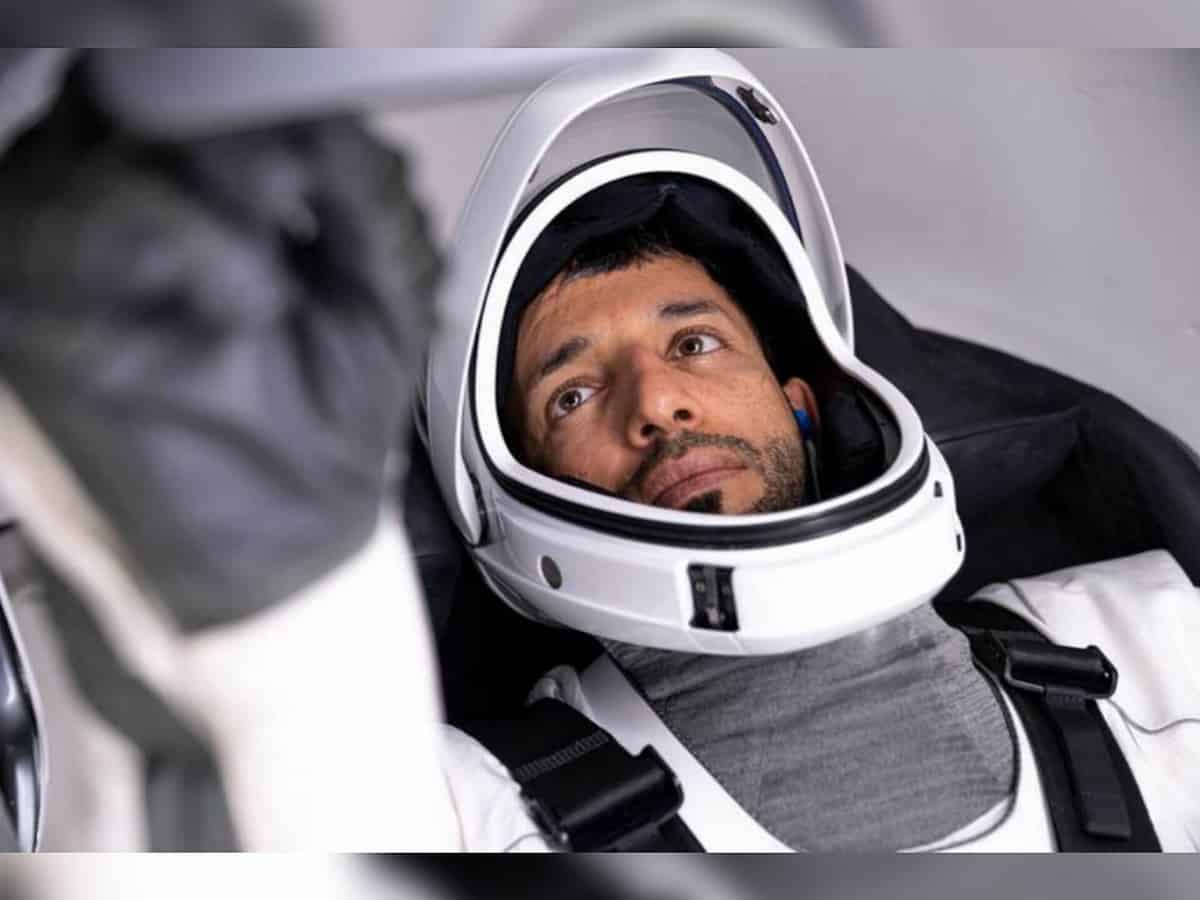
Abu Dhabi: United Arab Emirates (UAE) astronaut Sultan Al Neyadi, said that he is “not obligated to fast during Ramzan” while on his upcoming six-month International Space Station (ISS) mission.
Al Neyadi will become the first Arab astronaut to spend six months in space after his scheduled launch on February 26 to the ISS via the “Falcon 9” rocket manufactured by the “SpaceX” company.
Sultan Al Neyadi said in response to a question during a press conference, on Wednesday, at the Johnson Space Center in the American city of Houston, “In my case, I can be classified as a traveller, and the traveller has the right to interrupt his fast.”
“Fasting is not obligatory if a person feels, for example, that his health is not well,” he added.
He continued, “From here we are allowed to eat a sufficient amount of food, in order to avoid anything that might undermine the mission or threaten the crew members,” according to Agence France-Presse (AFP).
Al Neyadi will become the first Arab to spend six months in space after his scheduled launch on February 26 to the International Space Station via the “Falcon 9p” rocket manufactured by the “SpaceX” company.
Based on current calculations, Ramzan this year is expected to start around March 23, which means that Eid Al-Fitr – the festival that marks the end of Ramzan – is expected to be from April 20 to April 23.
As per media reports, Al Neyadi is not the first Muslim to spend Ramzan in space.
Prince Sultan bin Salman, the prince of Saudi Arabia, was the first Muslim to reach space when the US space shuttle Discovery flew in 1985. He was fasting on the day he was launched into space, which is the last day of Ramzan.
Malaysian astronaut Sheikh Muszaphar Shukor also spent a few days of Ramzan in space in 2007.

